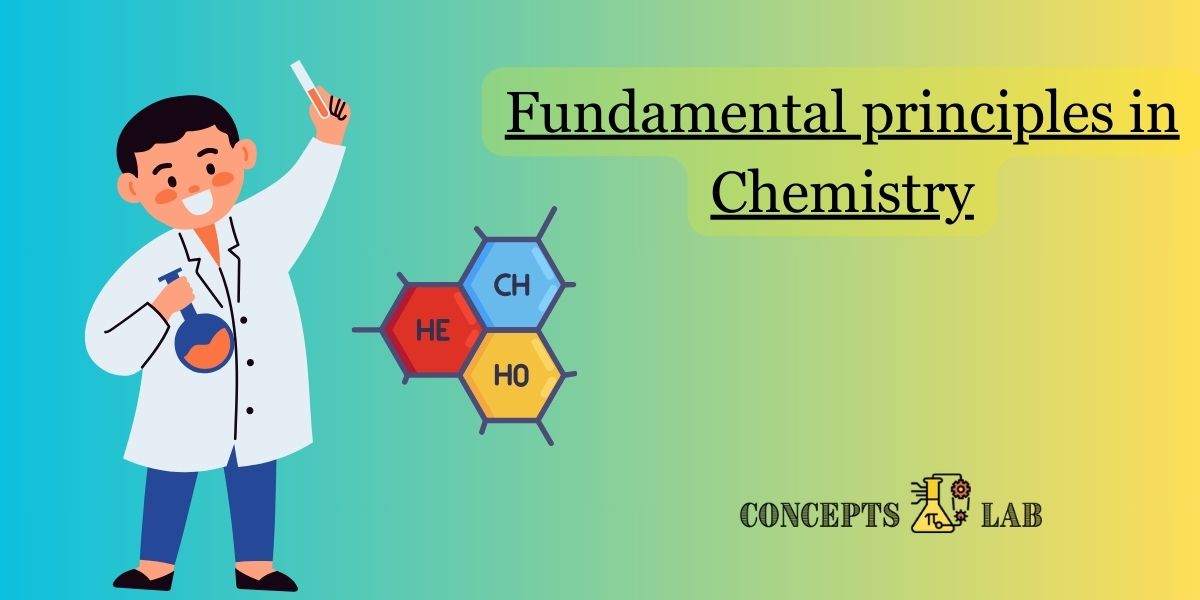Chemistry, like physics, is built upon foundational principles that serve as the basis for understanding the behavior of matter. Here are some key first principles in chemistry:
- Law of Conservation of Mass:
- Mass is neither created nor destroyed in a chemical reaction; it is conserved.
- Law of Definite Proportions:
- A given compound always contains the same elements in the same proportions by mass.
- Law of Multiple Proportions:
- When elements combine to form more than one compound, the ratios of the masses of one element that combine with a fixed mass of another element are in small whole numbers.
- Avogadro’s Hypothesis:
- Equal volumes of gases at the same temperature and pressure contain an equal number of molecules.
- Dalton’s Atomic Theory:
- Elements are composed of atoms.
- Atoms of different elements have different properties.
- Compounds are formed by the combination of atoms in simple whole-number ratios.
- Chemical reactions involve the rearrangement of atoms.
- Periodic Law:
- When elements are arranged in order of increasing atomic number, their properties show a periodic recurrence.
- Bohr’s Model of the Atom:
- Electrons orbit the nucleus in fixed energy levels or shells.
- Electrons can absorb or emit energy by moving between these energy levels.
- Lewis Dot Structures:
- Representation of the valence electrons of an atom, often used to depict the bonding in molecules.
- Octet Rule:
- Atoms tend to gain, lose, or share electrons to achieve a full set of eight valence electrons.
- Electronegativity:
- The ability of an atom to attract electrons in a chemical bond.
- Mole Concept:
- The mole is a unit for counting atoms and molecules, and it is defined as the amount of substance that contains the same number of entities as there are in 12 grams of carbon-12.
- First Law of Thermodynamics:
- Energy cannot be created or destroyed in a chemical or physical process, but it can change forms.
- Second Law of Thermodynamics:
- The entropy (disorder) of a closed system tends to increase over time.
- Gibbs Free Energy:
- The change in Gibbs free energy determines whether a chemical reaction is spontaneous or non-spontaneous.
These principles provide a framework for understanding the behavior of matter at the atomic and molecular levels and are foundational to the study of chemistry.


No responses yet